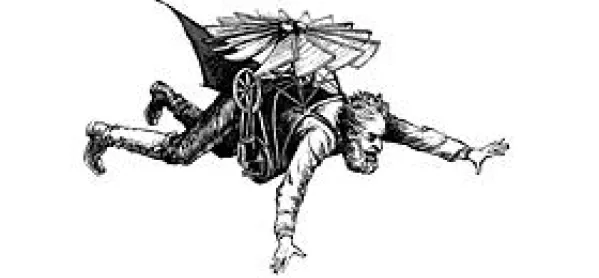Say the word “Chembakolli” anywhere in England and you will divide people into two distinct camps. As far as most are concerned you may as well be referring to a rare breed of sheepdog. But for a substantial minority, you will conjure up images of elephants, tea plantations, village huts and beautiful, forested hills.
They will be among the millions of pupils and teachers who have worked in English primary schools during the past two decades. Chembakolli is a village in south India built in 1990 following land rights protests by the aboriginal Adivasi people. That unusual genesis apart, there is nothing remarkable about the tiny settlement. It is not connected to any notable natural geographical phenomena and it has had no significant impact on India’s national consciousness, let alone the world stage. Yet the influence of this 150-household village on England’s schools system has been enormous.
The dominance of Hitler and the Tudors in history lessons is well documented. But the prominence given to Chembakolli in key stage 2 geography classes cannot be far behind. At a conservative estimate, five million people - one in 10 of England’s population - will have studied in detail the customs, education, family life, economy and health service of a village which most people have never heard of.
In many ways, the story of Chembakolli is the story of how the national curriculum has been taught. Today the Government is in the process of what it hopes will be a radical change to that curriculum. It stems from a belief that the existing arrangements were designed to be “teacher-proof”, and treated teachers as people who could not be trusted. Instead of professionals, the argument goes, they were seen as technicians responsible for “delivering” highly specified materials set out by the state.
Ministers believe the national curriculum has been “over-prescriptive, included material that is not essential, and has specified teaching method rather than content”. Now they want to rectify that with a new, “slimmed- down” replacement that will “allow teachers the freedom to use their professionalism”. They are aiming for a national curriculum that sets out “only the essential knowledge”, giving teachers “greater control over what is taught in schools and how it is taught”. But is it really possible for teacher freedom and a national curriculum to co-exist? Do teachers really want that freedom and, if they get it, will they know what to do with it?
You can read the full article in the 23 September 2011 issue of TES.




